How to create a meaningful environmental career path.
Media Intern Michaela May talks to Mark Thomas, our new Conservation Research Coordinator at the MLC about how his journey to get to living and working in the rainforest………
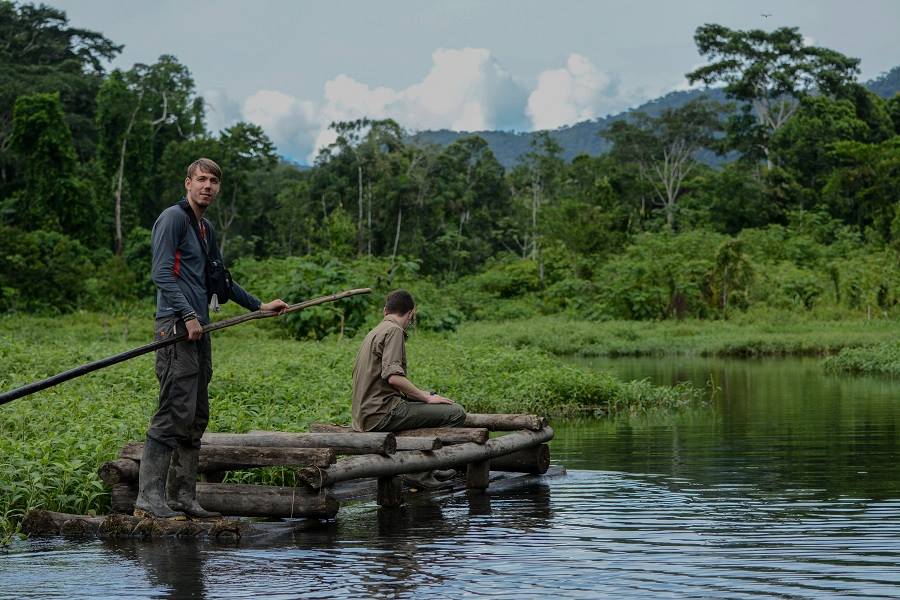
Mark Thomas is a Research Coordinator for the Crees Foundation in the Amazon Rainforest. He is from Brighton in the UK and after working in a bank for 9 years, he decided he wanted something different out of life. He explained that after so long in that occupation, he stopped finding meaning in what he was doing every day.
“I wanted something more out of life and started researching to find the right thing for me,” Mark states.
Mark took some time off work and travelled to the Rocky Mountains where he met people who gave him suggestions for jobs in conservation. After doing his research he found James Borrell, a conservation biologist who guided him in his search for a more fulfilling career. Having no experience in conservation, Mark told James he was interested in Peru and James led him to Crees.
“James was a really big help to me, he gave me advice and also led me directly to Crees,” he replies. “A couple of years later, I met him at a conservation convention. I was able to thank him for helping me and he allowed me to write a blog for his website. It was cool to see the full circle of events that kick-started my career.”
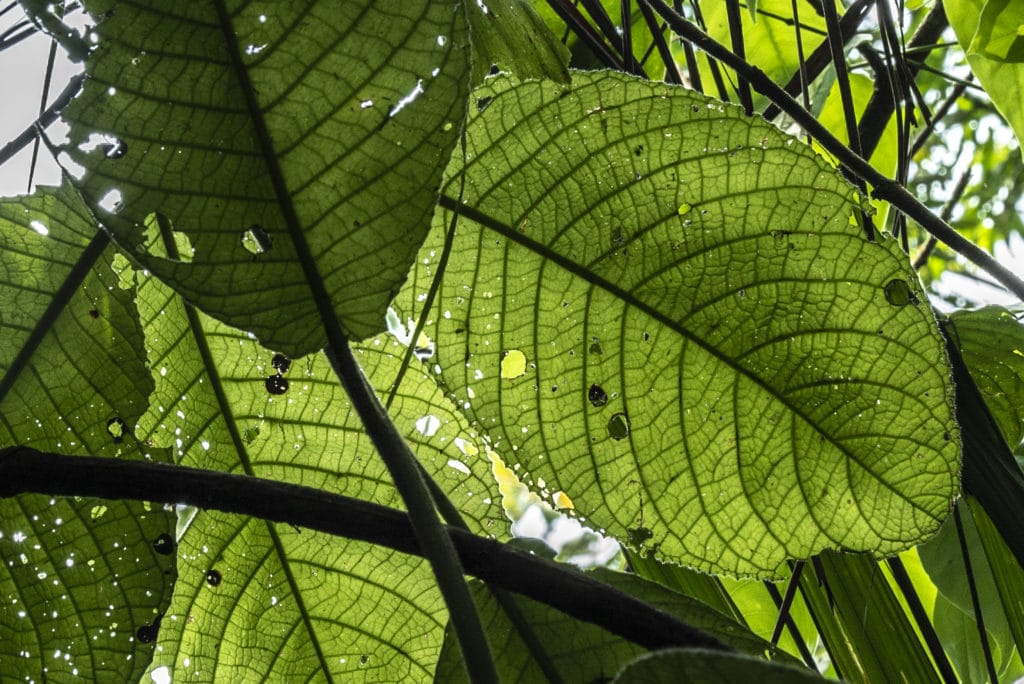
Mark applied for the conservation internship program and took a sabbatical from work when he was accepted. The internship helped him decide this is what he wanted to do and after quitting his job at the bank he started his four-year journey at the Manu Learning Center in Peru.
The Manu Learning Center is located in the Amazon rainforest. In the nineties, this area was cleared for crop and cattle farming, but after being bought by Crees, it is now an area of regenerated forest, protected with hopes of preserving the wildlife that lives here. There are conservation internships available every six-months for people who are interested in the protection of the Amazon. Mark mentions that the internship is a good opportunity to test the waters and see if it’s right for you.
From working in a job for so long to start as an intern in a career he had no experience in, Mark was nervous, but excited for a change.
“I spent nine years sitting behind a desk,” he sighs. “I had become lost in a job that I no longer felt motivated in. I wanted to do something that helped others, that gave back to others and the environment. I wanted something more meaningful in life.”
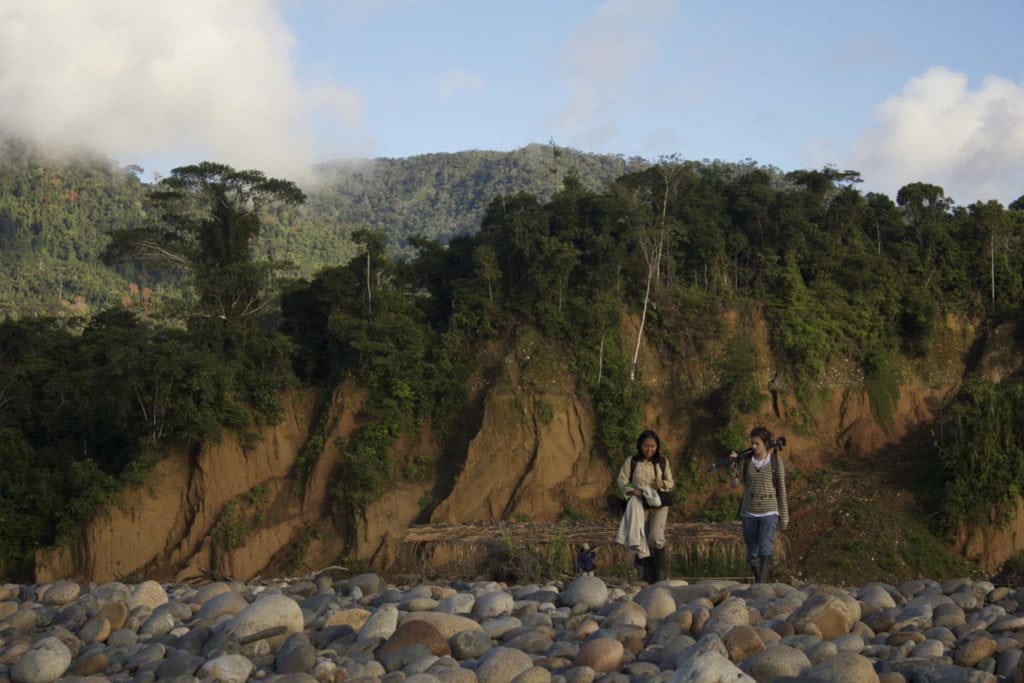
His advice for people who, like him, are new to conservation and are nervous to take that step is to get out there and do it. It may be a risk, but it’s better to do it and know what it’s like rather than never knowing and regretting not taking that step.
He talks about how his job change was very hard at first. He struggled with learning something completely different, but he is so grateful for the experience he’s had here and the people he has met.
“The people here made it easy to transition from my old life in an office to a completely different environment,” Mark says. “The people really can make your work experience so much better, it’s great knowing I have a community of people I care about around me.”
After Mark had worked at the MLC for a while, he decided to expand his knowledge and experience in conservation. He then attended Manchester Metropolitan University and completed his Master’s in Conservation Biology. Last May, he accepted a senior field staff position back at Crees for a year.
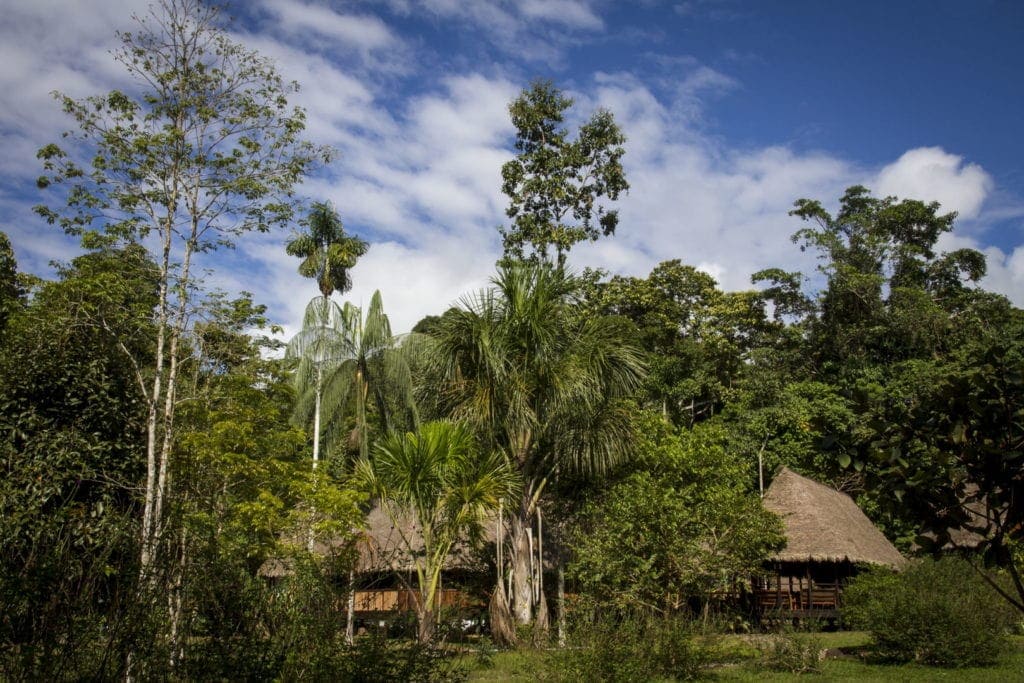
“I love it here,” he reflects. “I love the Manu National Park and teaching people about the rainforest and its regeneration process. It’s an important subject and I don’t think it gets enough attention. I hope that by teaching volunteers, interns and tourists is when they go back they can talk about their experience, and what they learned.”
Mark also had some advice for people back home…
“It’s the little things that you can do every day. You hear it all the time, ‘use less plastic, eat less meat. Do it! Try to go a week without using any plastic, you’ll find it’s harder than you think, but even the action of doing, that helps a lot. Check where your wood and your gold are coming from. Amazonian wood commercialization is destroying the forest along with mining, which is where gold comes from. The process of mining is so harmful, with deforestation, and pollution of rivers, just simply by checking where your luxury goods are coming from is a big step in the right direction to saving these beautiful rainforests.”
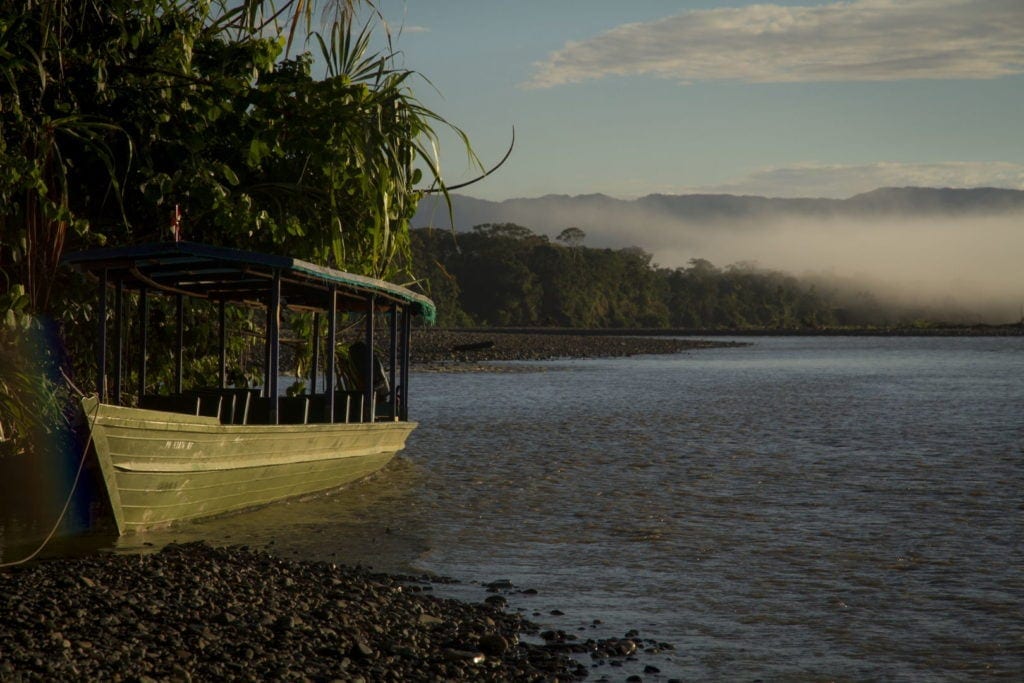
After his contract ends, Mark is thinking about going back to school to do his Ph.D. Although he wants to return to Peru eventually. He hopes that he may be able to renew his contract with Crees or even help out in other areas of the park.
“Never stop working toward a better world, Mark adds. “You can do so much, you just have to take the first step and try.”
With special thanks to Mark Thomas for his dedication and hard work and to Michaela May for her great interview – thank you both
